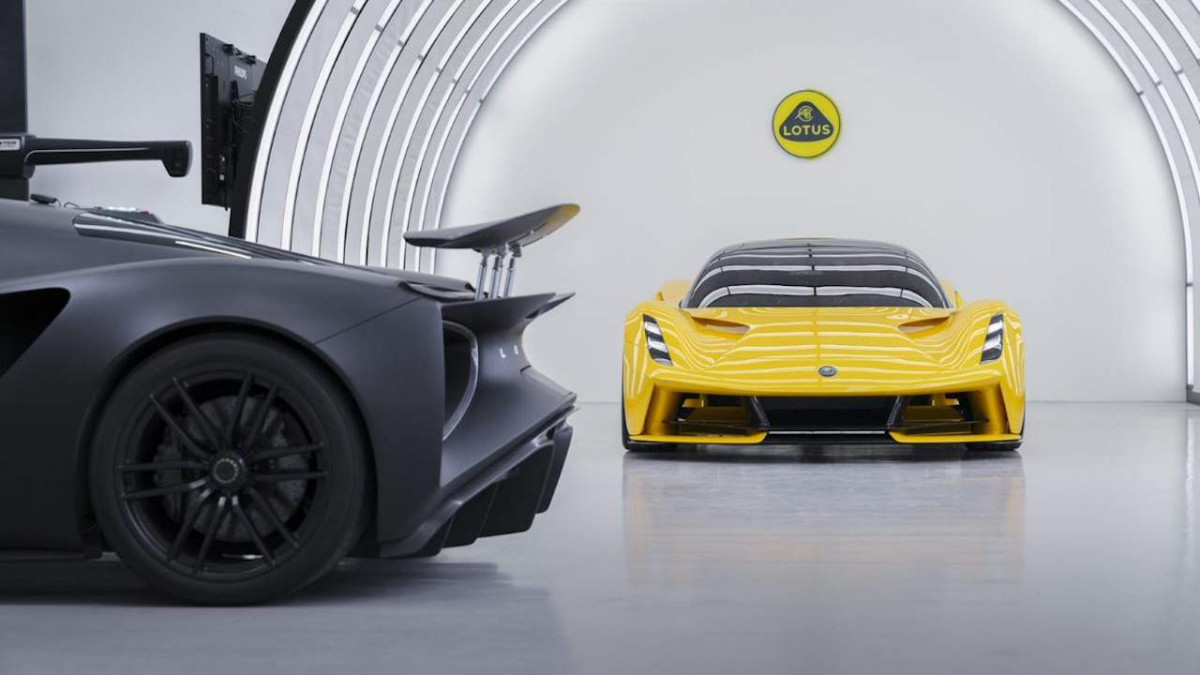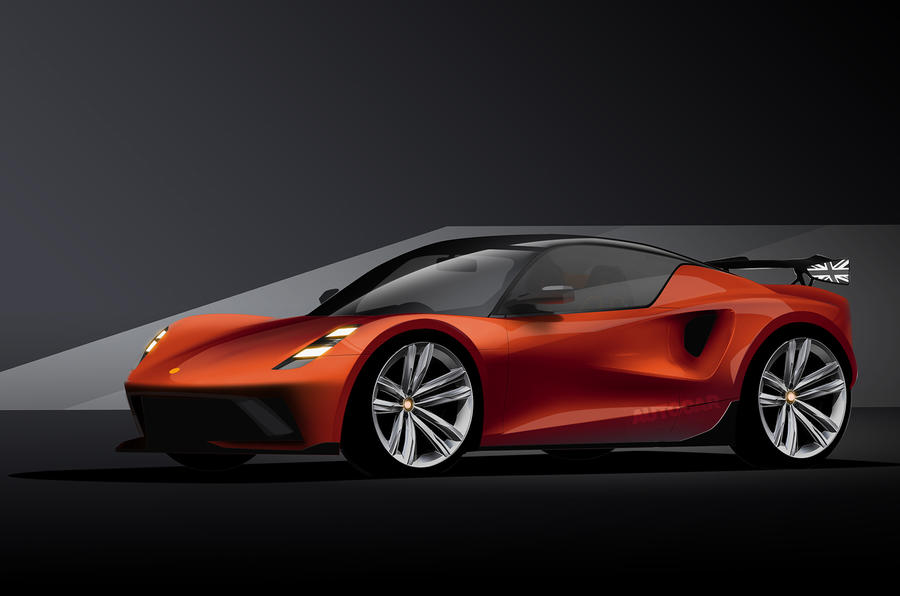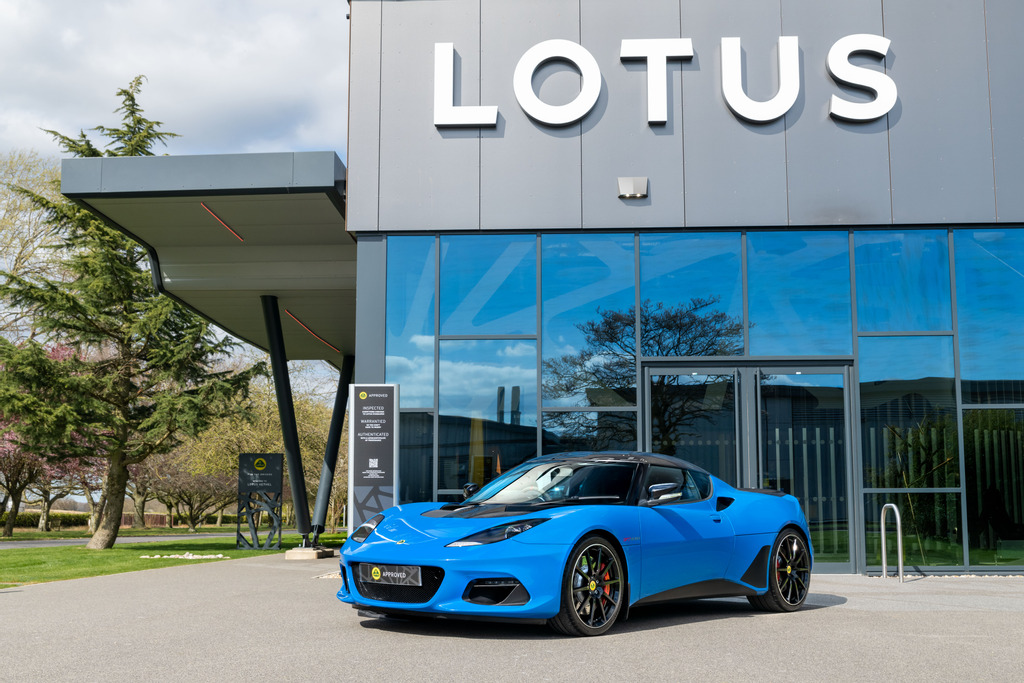
Lotus has unveiled the Emira, the last combustion engine sports car to be produced in Hethel before the marque embarks on all-electric models.
The road to electrification is defined by Vision80, the company’s plan to increase sales and global reach with a strategy that includes the use of four new architectures. Among these is Sports, a new lightweight bonded aluminium chassis that Emira is based on.
“The chassis is an evolution of the Evora chassis,” said Matt Windle, managing director, Lotus Cars. “It’s the same wheelbase, its wider track – we’ve gone to 20” wheels. What we wanted to do was take the Evora’s dynamics and make them better.”

Lotus to go green with all-electric announcement
Emira’s will be manufactured at Lotus’ home in Hethel, Norfolk, following over £100m of new investment in the company’s UK facilities to support production efficiency, volume capability and overall quality.
Windle added that the Emira is a ‘game-changer’ for the company and a ‘highly significant milestone’ toward becoming a global performance car brand.
‘First Edition’ models powered by a 3.5-litre V6 are scheduled for delivery in spring 2022, followed in the summer by Emira’s fitted with a turbocharged 2.0-litre four-cylinder ‘i4’ from the performance division of Mercedes-Benz.

According to Lotus, the unit – transverse-mounted and delivering rear-wheel drive – has been modified with a new air intake system and new exhaust ‘to suit the character of the Emira’.
“The 2.0-litre is the world’s most powerful production in-line four-cylinder unit mated to AMG’s acclaimed DCT with paddleshifts and driving modes,” Gavan Kershaw, director of Vehicle Attributes, Lotus, said in a statement. “It’s high-performance, hugely efficient thanks to cutting-edge technology, and delivers low emissions and linear performance. On top of all that, it’s been tuned in-house by the hugely experienced Hethel engineers to deliver that distinctive Lotus experience.”
Lotus added that the Emira is the only model in its class to create passive downforce precisely balanced between the front and rear axles at all speeds; as downforce increases with speed, generating grip through corners, the handling characteristics remain constant, precise and predictable.
“Where the real transformation is, is in the interior,” Windle told journalists at the Emira’s unveiling. “A 6’4” person will sit in it very comfortably [but] the proportions of it still make it feel like a small, compact car that’s tight around the body and the chassis.
He added: “We’ve added ADAS [Advanced Driver Assistance Systems], we’ve added seats that are more comfortable, we’ve added the interior. If you take out the additions we’ve done on the car it’s actually lighter than the Evora – like for like – but its bigger wheels, wider track. All of those things add mass in those areas. When you get to drive it, you don’t notice the mass in it.”

Source: theengineer.co.uk
